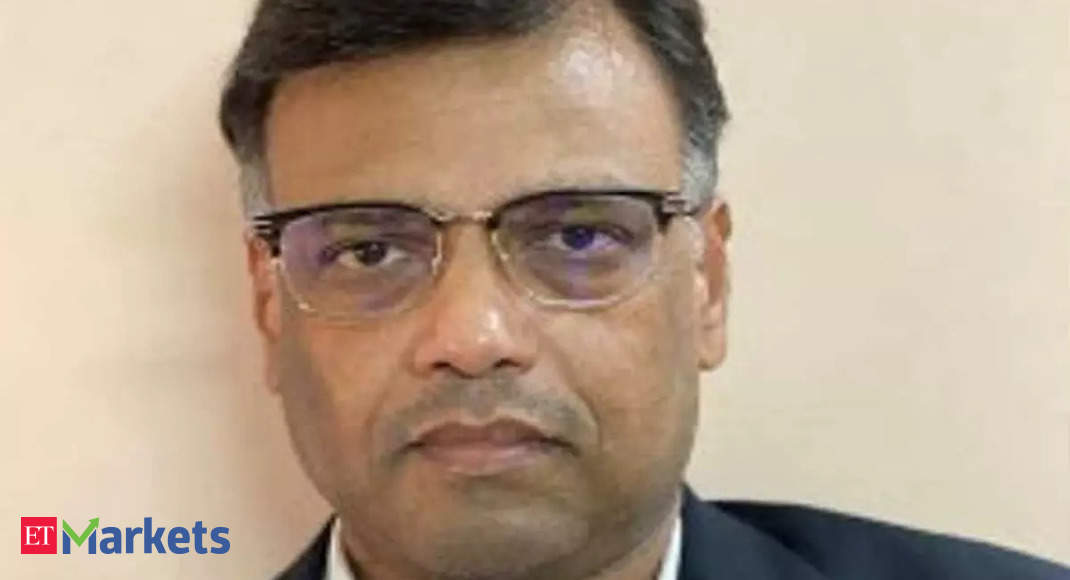Cost of global payment transactions for individuals and the risks associated with them could come off considerably if the central bank digital currency (CBDC) becomes a reality, said Reserve Bank of India Deputy Governor, T Rabi Sankar.
“Why is the average cost of transaction for retail 6%? It is not (because of) technology, technology can be made”, said Rabi Sankar, at the Global Fintech Festival. “It’s a question of consensus that has to arise globally and a commitment that has to come up on changing these systems (among central banks).”
Many central banks across the world are working at digital currencies with the Bank for International Settlements guiding them. Those currencies, if they come into practice, could eliminate many of the risks and money laundering associated with the current system of payments. But many issues such as technology, acceptance, and sovereign regulatory issues need to be addressed.
Cross border transactions take time to settle because counter parties are in different time zones. Other benefits for wholesale cross border transactions via CBDC are that you bypass the settlement risks of the current banking system which has to deal with many weak banks in different geographies.
“I think it is a question of willingness, it’s not a question of lack of knowledge, or lack of technology,” said Rabi Sankar. “We need to find a solution, and we should be open enough for the solutions outside the existing correspondent banking system.”
The DG said that CBDC and the UPI platform are not the same.











